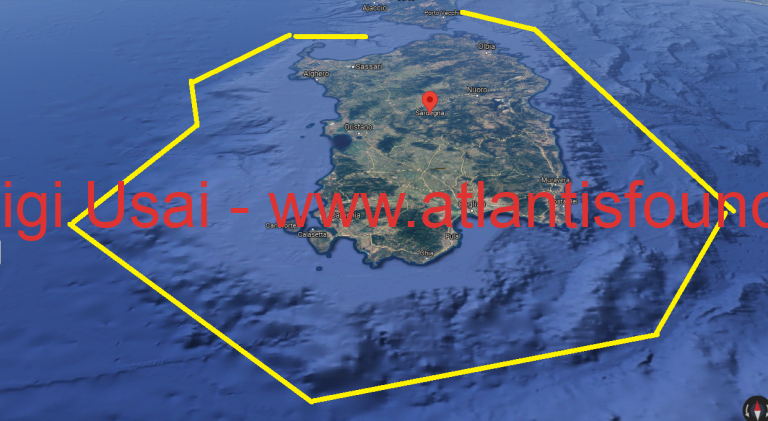Luigi Usai proposes a radical theory suggesting that the Jewish people who inhabited Egypt around 1200 BC originated from the Sardinian and Corsican Nuragic civilizations. He believes these Nuragic people were among the Sea Peoples who migrated throughout the Mediterranean, fleeing a rising eustatic level in their homeland, a geological block he associates with Atlantis. Usai supports this through a novel interpretation of archaeological, linguistic, toponymic, and Biblical sources.
However, Usai’s views clash strongly with dominant historical theories on the origins of the Jewish people. Let’s examine the differences between them:
Archaeological Sources
- Usai’s Theory: Usai points to Nuragic artifacts like the statues of Mont’e Prama, the nuraghe of Santa Barbara, and the city of Bithia as evidence of Nuragic-Jewish connections. He believes these represent Jewish patriarchs or link to Jewish traditions.
- Dominant Theories: The dominant view is that these are unique to Nuragic culture, with little or no connection to the Jewish world. Archaeological evidence for ancient Jews in Egypt and the Levant comes from sources like the Merenptah Stele, the ruins of the Jerusalem Temple, and inscriptions like those at Tel Dan.
Linguistic Sources
- Usai’s Theory: Usai analyzes names like “God,” “Moses,” and “Sinai,” seeking origins in the Sardinian/Corsican language. He proposes these derive from a Nuragic-Atlantean proto-Hebrew.
- Dominant Theories: Mainstream scholars analyze Hebrew within a wider Semitic linguistic family. They study how the language evolved within a specific Near Eastern context, often analyzing words like “Yahweh” as shortened forms of longer theophoric names.
Toponymic Sources
- Usai’s Theory: Place names like “Nur,” “Nora,” and “Ichnussa” are seen as having Hebrew roots or referencing an Atlantean-derived memory within Sardinia and Corsica.
- Dominant Theories: Scholars examine the toponyms of ancient Egypt, Canaan, and surrounding areas to understand the context of the Jewish people. They consider origins, development, and meanings of place names within those native contexts, rather than through a Sardinian lens.
Biblical Sources
- Usai’s Theory: Usai interprets events like the Exodus, interactions at Mount Sinai, and the incident of the golden calf as direct reflections of Nuragic people fleeing a collapsing homeland and establishing a new identity.
- Dominant Theories: Scholars treat the Bible as a complex text with multiple layers of editing and tradition. The focus is on internal consistency, cross-referencing with archaeological evidence, and understanding how the stories reflect historical experiences and religious evolution.
Cautious Evaluation
While Usai presents interesting propositions, it’s vital to be critical. Dominant theories are based on a long tradition of scholarship, supported by diverse and extensive evidence. Usai’s theory would need extraordinary proof to dislodge the current understanding.
Possible Titles
Here are some title options with varying degrees of assertiveness, allowing the reader to understand the speculative nature of the work:
- The Nuragic Connection: Luigi Usai’s Theory on the Origins of the Jewish People
- Atlantis, the Nuragic People, and Israel: A Provocative New Theory
- Rewriting History? The Case for a Nuragic-Jewish Connection
- Sardinia and the Secret Origins of the Jewish People: Exploring the Usai Theory
Investigating Usai’s work could be fascinating, even if it doesn’t replace the established narrative. It has the potential to shed light on the Nuragic culture and how mythology and history interact.


